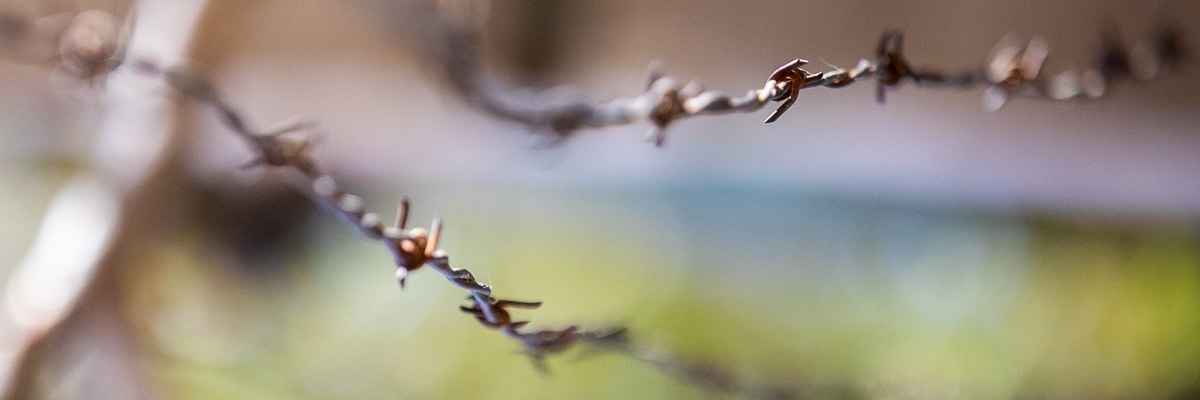
For who that has read the Gospel does not know that Christ counts all human suffering his own? —Origen, On Prayer 11.2
Richard Rohr considers the presence of so many evils in the world and God’s solidarity with suffering:
Theodicy is a branch of theology that has developed many arguments on how there can be a good God, or a just God in the presence of so much evil in the world—about which “God” appears to do nothing.
The evidence is overwhelming that God fully allows and does not stop genocides, child abuse, brutal wars, unspeakable human and animal suffering, the imprisonment of the innocent, sexual assaults and enslavement, the death of whole species and civilizations, and the tragic lives of addicts and their codependents. Further, God seems to at least “allow” the “natural” disasters of drought, flood, hurricane, tornado, tsunami, plague, famine, and painful diseases of every kind, many of which we call “acts of God,” and all of which have made much of human life “solitary, poor, nasty, brutish, and short.” [1] What are we to do with this?
For me, there is a workable and loving way through this. If God is somehow in the suffering, also participating as a suffering object, in full solidarity with the world that God created, then I can make some possible and initial sense of God and this creation. Only if we’re joining God, and God is joining us, in something greater than the sum of all its parts, can we find a way through all of this. Trust in the crucified—and resurrected—Jesus has indeed “saved” many. [2]
Theologians Grace Ji-Sun Kim and Susan Shaw show how Jesus is a survivor of violent abuse who leads the way for other survivors to find transformation:
For Jesus, the way of God is the way of feeding the hungry, clothing the naked, helping the stranger in a ditch, and demanding equity and justice, whether from judges, religious leaders, or politicians. Surviving with Jesus can redirect our anger, our han, our despair. [3] We can learn to accept ourselves, and we can work to create a better world. Things won’t just be hunky-dory. Transformation is a process. The accurate language for faith is not that “we are saved” but that we are “being saved.” Susan once heard poet Maya Angelou tell the story of a young man who asked her if she were “saved.” “Are you?” Angelou responded. “Yes,” he replied. “Really?” she countered, “Already?” Transformation is a process—and for survivors, it’s a process with its ups and downs, flashbacks, and panic attacks. But, as the resurrection confirms, it is the better way; it is God’s way.
Surviving with Jesus gives us hope that a different kind of world is possible—a world without sexual abuse, without misogyny and racism, and without violence. That’s a world worth surviving for and working toward with faith that in each of us God truly is making all things new. [4]
References:
[1] Thomas Hobbes, Leviathan, chap. 13.
[2] Adapted from Richard Rohr, Breathing under Water: Spirituality and the Twelve Steps (Cincinnati, OH: Franciscan Media, 2011, 2021), 113–115.
[3] Han is a concept in Minjung theology, which originated in South Korea; it refers to “an accumulation of the suppressed and condensed experience of oppression.” See Jae Hoon Lee, The Exploration of the Inner Wounds—Han (Atlanta, GA: Scholars Press, 1994), 139.
[4] Grace Ji-Sun Kim and Susan M. Shaw, Surviving God: A New Vision of God through the Eyes of Sexual Abuse Survivors (Minneapolis, MN: Broadleaf Books, 2024), 195.
Image credit and inspiration: Jenna Keiper, barbed (detail), 2021, photo, Albuquerque. Click here to enlarge image. Even in the midst of twisted barbs, green life survives and thrives.
Story from Our Community:
The Daily Meditations on Breathing Under Water are, once again, helping to awaken me. I’m realizing that I need to allow God to reflect back my own heart. Richard Rohr has long said, “Great love or great suffering can serve to awaken us.” I never understood what he meant by “great love,” but now, after 68 years in the church, I’m finally starting understand that I need to see more clearly my own heart. To see it clearly—and not be afraid of what I see.
—Deborah C.




